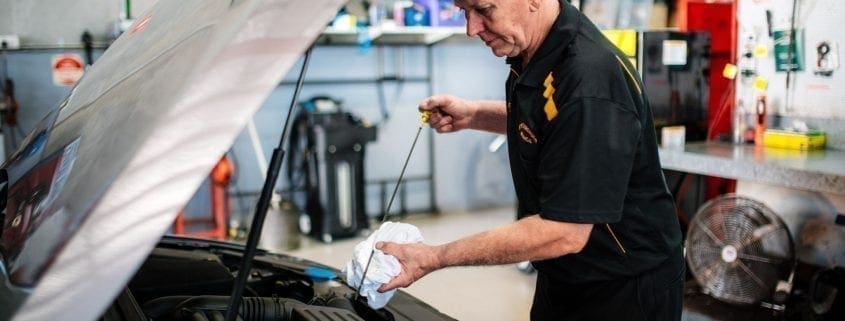Extended service intervals
What are your thoughts on the manufacturers extending service intervals?
I believe, like so many other things in the business of making cars, extended service intervals have primarily been introduced as a marketing tool to sell more cars. We know the tolerances are smaller, the components more expensive, the emissions ever tightening â the service schedules simply do not reflect this, even taking into account the impressive advancements in lubricants.
Online tools can easily calculate servicing costs of a modern vehicle, and savvy buyers include this into their decision when choosing a vehicle. If I compare two similar cars but one makes me suffer the inconvenience of the dreaded service twice a year rather than once, one has a distinct advantage.
Digging deeper than a car buyer’s weekend research, the dealer’s story starts to unravel:
- Filled for ‘life’, is this the expected life of the component, the life of the vehicle or the life of the warranty?
- Some schedules appear to be written by the marketing department rather than engineers, how can a Jeep and a Mazda sharing the same engine recommend such blatantly different service schedules on a whole range of things from engine oil to filters? Often the big ticket items will conveniently require servicing just as the car finishes its capped price servicing period.
- How can a car built in January have a distinctly different service schedule from an identical model built in February?
- Ridiculous oddities like a manual transmission car having an external fuel filter but the automatic variant using a no replacement specified in-tank filter.
What issues have you seen due to extended service intervals?
Of course oil sludging is the main culprit, without good advice most customers don’t understand that 15,000km of primarily long distance driving is worlds away from 15,000km of stop start short distance city driving.
Customers start to treat the car as an appliance rather than the sophisticated machine it is. If the oil can go 15,000km, surely you still don’t need to check the tyre pressures right?
Rather than regular low cost maintenance, service items are becoming ludicrously expensive and without good records it’s difficult to know if that new customer who just drived in has had their $350 in-tank fuel filter replaced at the scheduled time. Has their transmission ever had its $300 synthetic oil change with no fluid level check procedure available? We will just have to wait until it has problems, requiring expensive diagnosis and repair.
What used to be a reasonable expense for regular filter replacements can quickly turn into components further down the line needing replacing â by the time the water in diesel light is on, every further kilometer can be $100.







